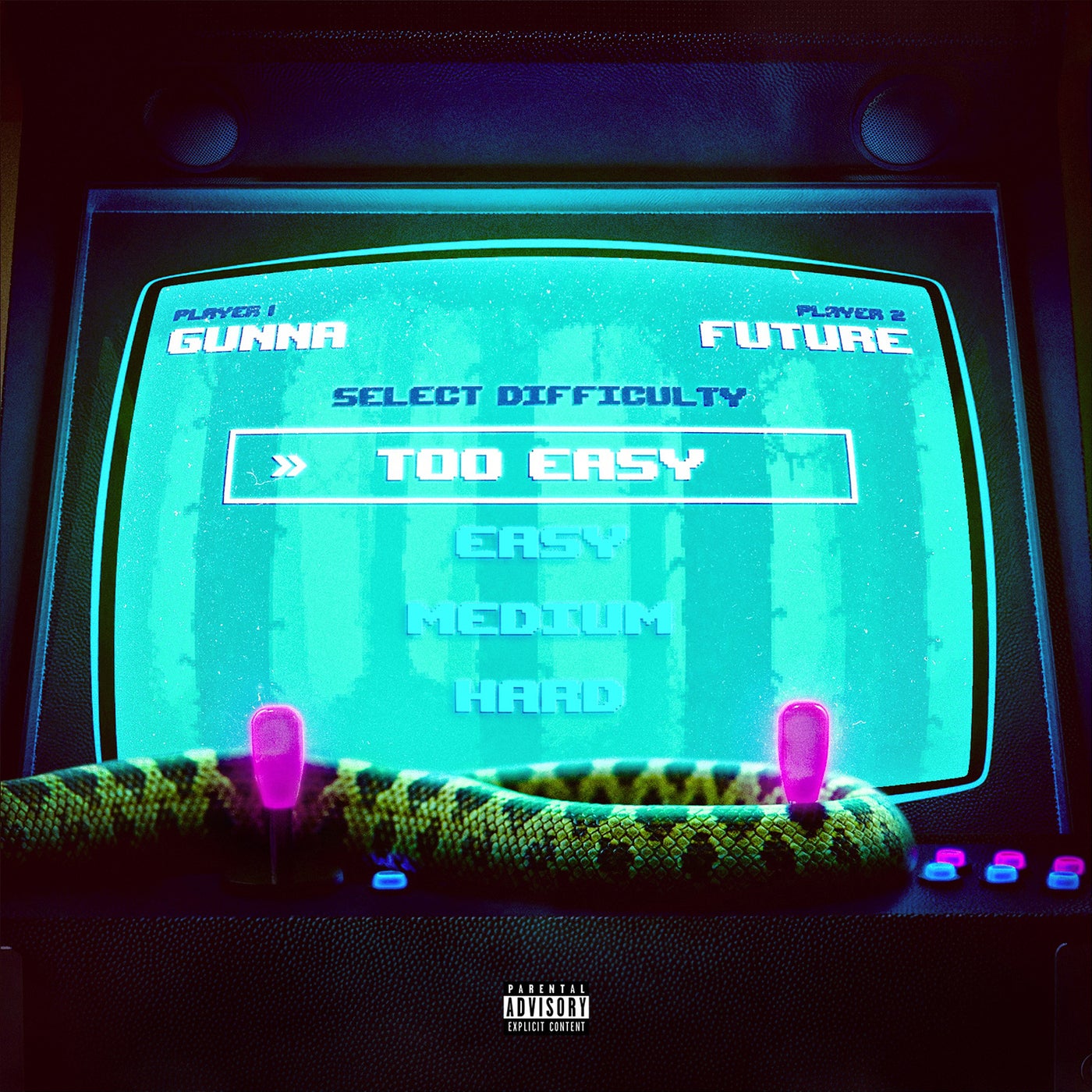
That story animates the album, but it doesn't dictate its movements. Over the course of its first 13 tracks, the album loosely outlines the criminal rise and fall we've seen in so many movies: the desperation of youth, the excited early schemes, the slow hard-fought rise, the lavish celebration of that rise, the eventual joyless inertia involved in maintaining that success, the sudden and inevitable descent into a prison-cell anonymity worse than death.

Well, as a concept-album, American Gangster is kind of a wash. As a piece of media-manipulation, American Gangster is dazzling. In working to create the impression that he'd sacrificed commerce for art, Jay recast himself as an artist rather than a CEO, a canny commercial move at a time when rappers like Kanye West are outselling CEOs like 50 Cent. By attaching himself to a big-budget crime epic, Jay guaranteed himself cross-media presence and positioned himself to regain some of the grimy credibility he'd lost with 2006's Kingdom Come, the would-be comeback that found Jay rapping about brands so expensive most of his audience had no idea what he was talking about. It makes for a good story and a great marketing coup. Over the course of a few weeks, Jay recorded his own widescreen epic, a concept-album about the rise and fall of a gangster like Lucas, an imagined what-if trajectory for what might have happened to Jay if he'd never left the drug trade.

#JAY Z IGNORANT SHIT BPM MOVIE#
The movie details the story of the Vietnam-era Harlem kingpin Frank Lucas, and Jay saw so many parallels between Lucas's life and his own. The story goes like this: After seeing an advance print of the Ridley Scott heroin-trade epic American Gangster, Jay-Z found himself inspired.


 0 kommentar(er)
0 kommentar(er)
